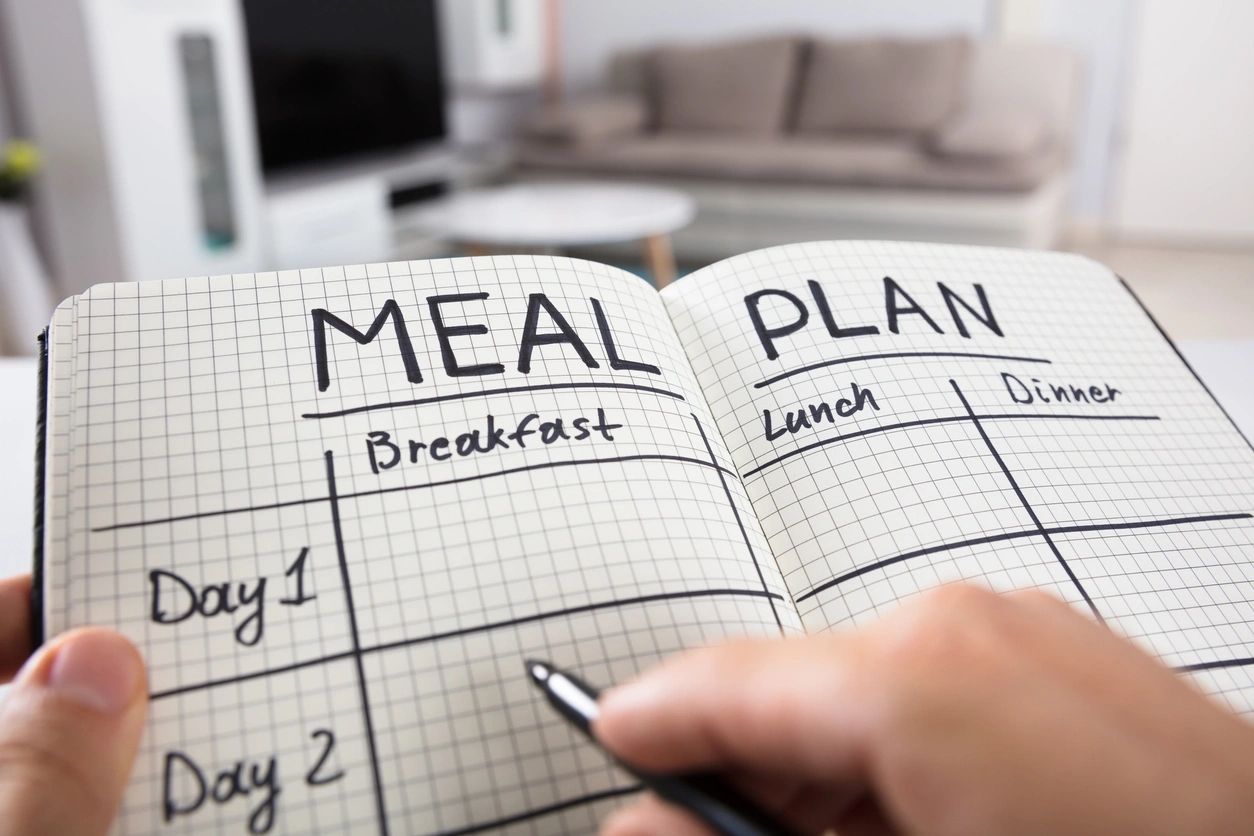
Trigger warning: this post discusses disordered eating. Please avoid if this might be triggering for you.
On last week’s We can do hard things with Glennon Doyle podcast, Glennon talked about her recent anorexia diagnosis. After decades of thinking that she was a recovering bulimic this came, she said, as quite a shock because these are two very different illnesses. While I do not suffer with anorexia myself, I found the conversation triggering. So much of what she said resonated: the anxiety, the control, the over vigilance, the constant thinking about food. I came close to tears at the realisation that my relationship with food, and my body, was even more disordered that I thought.
For as long as I can remember, I have been locked in a battle with my body. When I was young, I was too thin with a thigh gap and a flat chest. In adolescence that gave way to breeder’s hips and swimmer’s shoulders. In my twenties, I noticed my long Roman nose, in my thirties, my weak chin. The boob job I had twenty years ago only fixed me for a short time. Thankfully I was too squeamish to have my nose done, but I definitely considered it. Instead I controlled my body through diet and exercise.
The constant quest for perfection
That worked for the most part. So long as I exercised, I could pretty much eat what I wanted. And I knew that I looked OK, I was never ‘big’. But, that didn’t stop me from striving to look better. If I could lose that last couple of pounds, or tone my arms, or get a six pack I’d be ‘there’. I didn’t question my thinking because I was having similar conversations with every other woman I knew. And according to the media, all women were supposed to look like six-foot supermodels with button noses and flawless skin.
With every holiday I booked came the beach body countdown. How much weight could I lose in 12-weeks, then as I failed, in 7-weeks, in 3-weeks, in 2-weeks, in 1? I’d arrive at my destination disappointed in myself, vowing to eat only salad so that my stomach would stay flat. I could never relax; every time I caught sight of my reflection, I would suck in my abs and bemoan the size of my thighs.
No let up during pregnancy
Instead of using pregnancy as a chance to relax, I doubled down. In my diary I recorded every pound I gained along with my exercise for the week. Of course I wanted a healthy baby but I also wanted to ‘snap back’ as quickly as possible. And I knew that this was possible because the glossy magazines had told me so.
Four-months postpartum saw me in a bikini on a sun lounger in Ibiza. The only evidence of a baby was her sleeping next to me in her stroller. Of course, I was delighted. The fact that I managed it by obsessively exercising while she napped, skipping (literally) through the tiredness and post baby blues, was incidental.
My relationship with food is worse than I thought
I thought that it was normal to constantly think about food. To plan my lunch at breakfast and my dinner at lunch. To decide what and when I could eat depending on how badly I had eaten the day before. To, every Monday, start again because this week I’d get it right. Forever searching for the perfect diet, I tried them all. The worst? Definitely the Jason Vale juice cleanse. By day two of drinking green water, I was so hungry and weak that I cried. My husband couldn’t understand why I was doing this to myself voluntarily.
While I convinced myself that I was doing all of this in a bid to be healthy, in reality, I just wanted to be thin. When I said I was training to be strong, really I just wanted to be thin. When I tried fasting as a spiritual experiment, once again, it was to be thin.
Making changes
Hearing your behaviours described by somebody else as unhealthy, dangerous even, makes it difficult to ignore. I think the only reason I could hear it now, is because it is something that I had started to see glimpses of already.
The Zoe testing that I did last year changed my approach to food. Instead of reducing how much I ate, I aimed to increase the number and diversity of plant based foods in my diet. I stopped weighing myself. Exercise became more about what made me feel good rather than a way to undo bad food choices. I avoided labelling food as good or bad and aimed to take each day, each meal, at a time rather than constantly planning ahead.
It will take some time to undo behaviours that have been years in the making. It’s automatic for me to feel my stomach in the morning to see if I am bloated. To pinch my thighs and imagine them a couple of inches smaller. To check out my reflection in every mirror I pass. It’s harder still when, at the same time, my middle aged body is softening and changing.
But, and I never thought I would say this, a small part of me doesn’t care. Maybe it’s an age thing but I can feel myself slowly letting go of the need to be thin. It feels nice. Scary, weird, but nice.